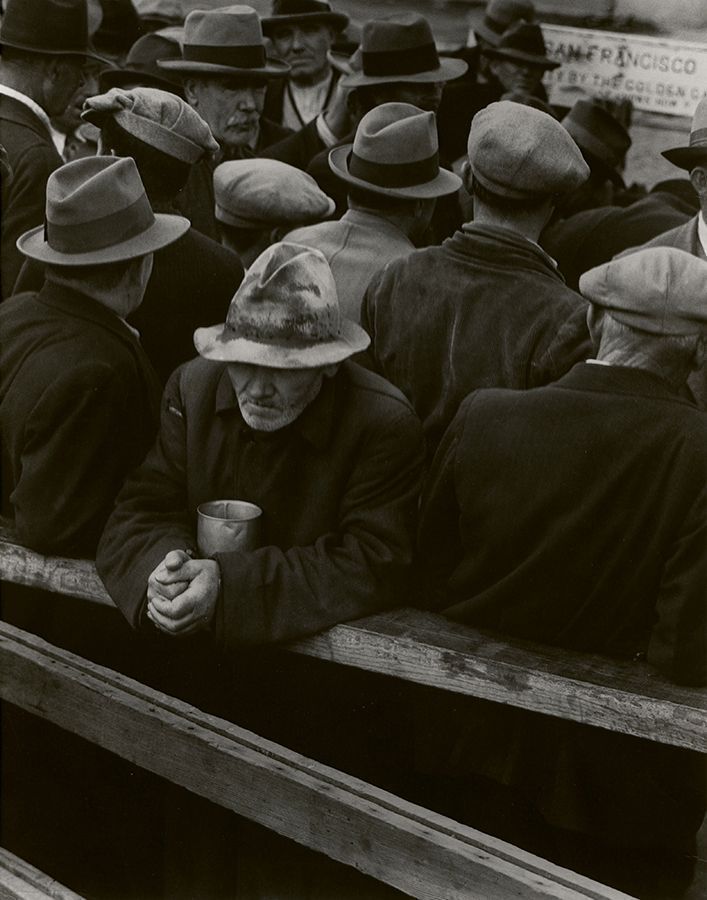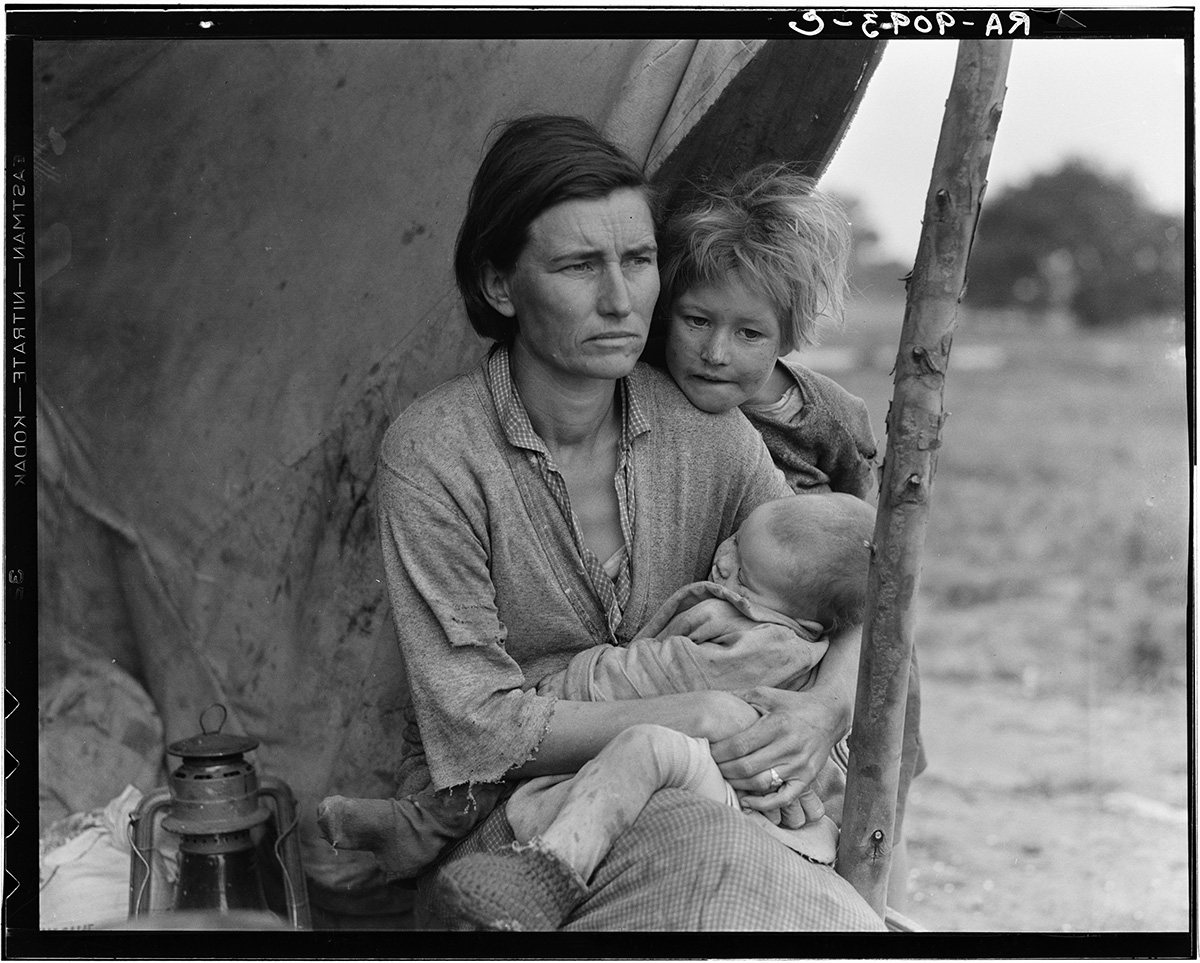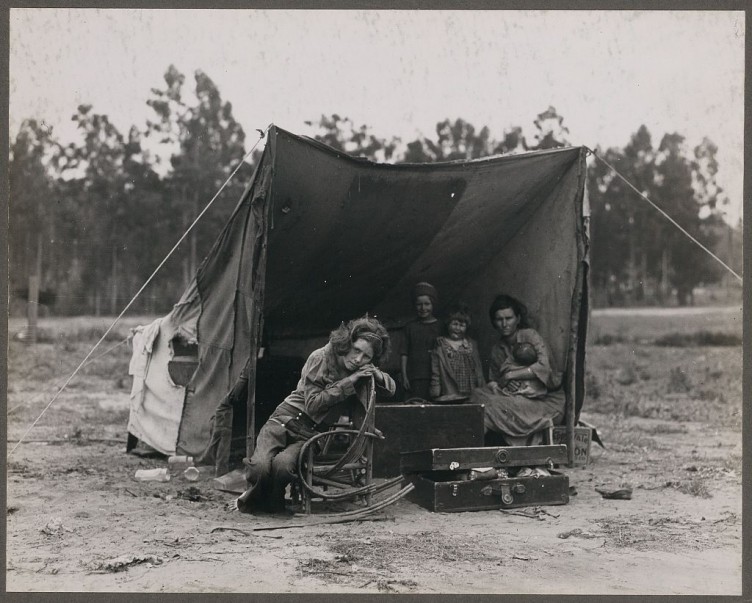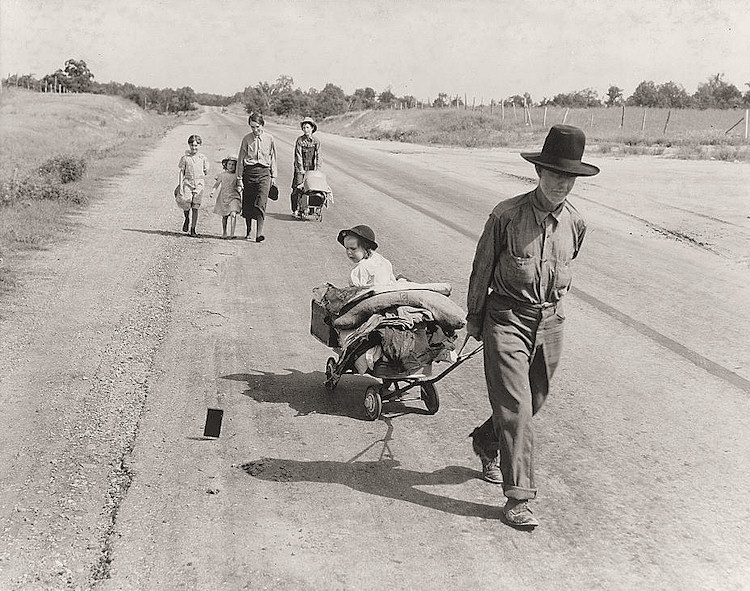
Tom Waits © G. Gorman
'Those who escape hell
However
Never talk about
It
And nothing much
Bothers them
After
That.'
Charles Bukowski







“Of note, having a strong sense of life purpose has long been postulated to be an important dimension of life, providing people with a sense of vitality motivation and resilience.
Nevertheless, the medical implications of living with a high or low sense of life purpose have only recently caught the attention of investigators.
The current findings are important because they may open up new potential interventions for helping people to promote their health and sense of well-being.”
No matter what your age, then, it’s worth thinking about what gives your life meaning.”
- “A 2009 study of 1,238 elderly people found that those with a sense of purpose lived longer.
- A 2010 study of 900 older adults found that those with a greater sense of purpose were much less likely to develop Alzheimer’s disease.
- Survey data often links a sense of purpose in life with increased happiness.
Read More:
Find out what kinds of things people say give their lives meaning.
Here’s an exercise for increasing meaningfulness
And a study finding that feeling you belong increases the sense of meaning.
The study was published in the journal Psychosomatic Medicine (Cohen et al., 2015).
A sense of purpose in life
Link: http://www.spring.org.uk/2015/12/here-is-why-a-sense-of-purpose-in-life-is-important-for-health